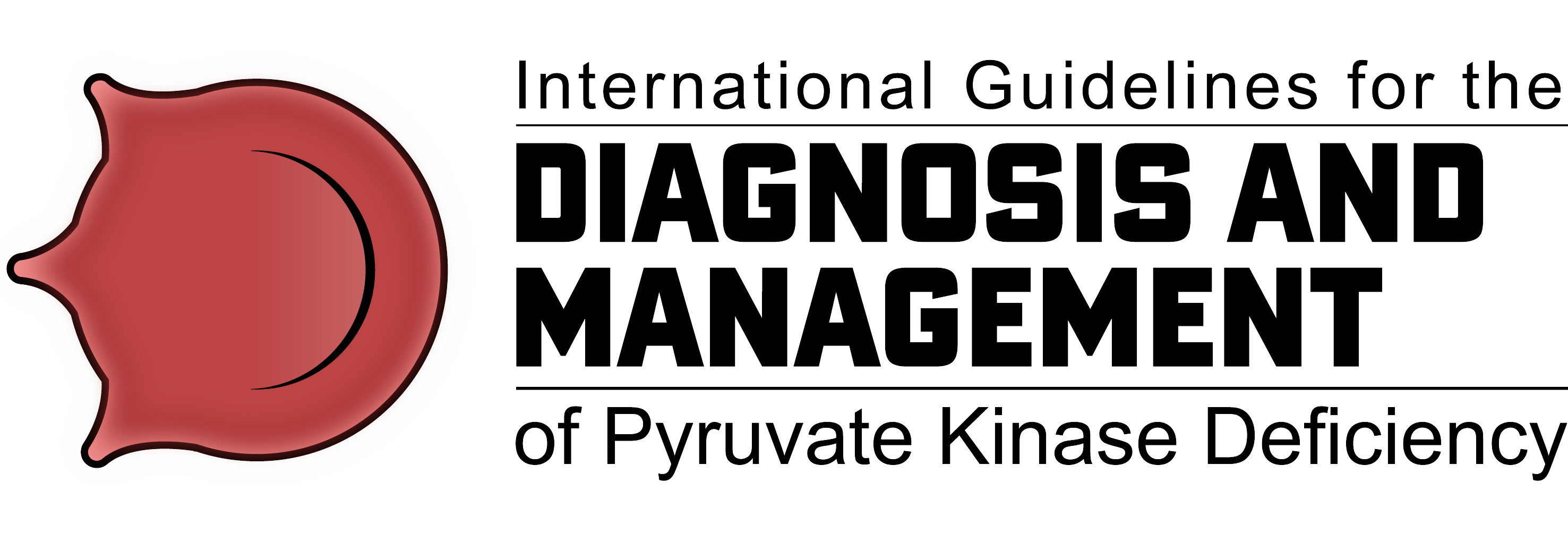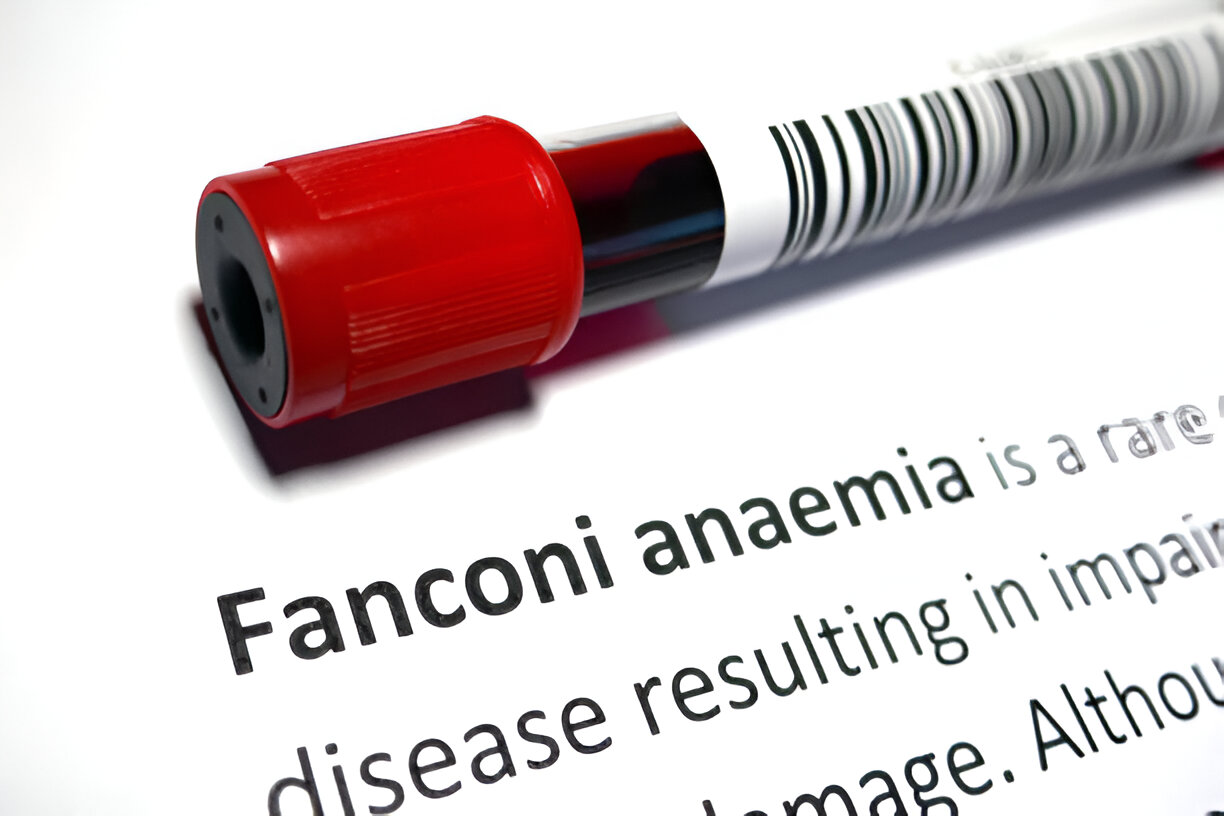The European Medicines Agency (EMA) has accepted Rocket Pharma’s application for its groundbreaking gene therapy. This therapy targets Fanconi Anemia, a rare and serious blood disorder. The news marks a major milestone in gene therapy and rare disease research. It also offers hope to countless families. But what does this mean for the medical field and future therapies?
Understanding Fanconi Anemia and Its Challenges
Gene therapy has been a game changer. It tackles the root cause of genetic disorders, not just the symptoms. Fanconi Anemia is one such disorder. It is caused by mutations in specific genes. These mutations disrupt DNA repair, leading to bone marrow failure and a higher risk of cancers. Traditional treatments are limited. Bone marrow transplants have been the only cure. However, this option comes with risks and challenges. The approval of Rocket Pharma’s application could change this landscape. It paves the way for more accessible and effective treatments.
Rocket Pharma’s Breakthrough in Gene Therapy
Rocket Pharma’s therapy focuses on correcting the genetic defect. The process is intricate but innovative. The treatment involves modifying patients’ stem cells. These altered cells are then infused back into the body. The result? Improved DNA repair and healthier bone marrow function. This approach has shown promise in clinical trials. Patients experienced fewer complications and better outcomes. With EMA’s acceptance, the therapy moves closer to public availability.
PKD Anemia: Another Rare Disease in Focus
Fanconi Anemia is not the only rare disorder under the spotlight. Pyruvate Kinase Deficiency Anemia is another condition gaining attention. Like Fanconi Anemia, it is a genetic disorder. It disrupts the production of red blood cells, causing severe anemia. Symptoms include fatigue, jaundice, and an enlarged spleen. Current treatments include blood transfusions and spleen removal. Unfortunately, these are not long-term solutions. Researchers are now exploring gene therapy for this condition too. Recent studies suggest it could provide lasting relief.
The Role of Medical Education in Rare Disease Treatment
The connection between these advancements and medical education is clear. Online clinical medical assistant programs are playing a crucial role. These programs are equipping healthcare professionals with vital knowledge. They teach about rare diseases and their treatments. Medical assistants are often the first point of contact for patients. With proper training, they can identify symptoms early and support complex treatments. This creates a better care experience for patients.
Collaboration in Gene Therapy Advancements
Gene therapy developments also highlight the importance of collaboration. Researchers, clinicians, and medical assistants must work together. For example, in trials for Fanconi Anemia, multidisciplinary teams are crucial. They ensure every step, from diagnosis to treatment, runs smoothly. Clinical Medical Assistant programs provide training in teamwork. They prepare assistants for roles in advanced medical settings. This integration ensures therapies reach patients efficiently.
Advancements in PKD Anemia Research
PKD Anemia research is also benefiting from these collaborations. New therapies are in the early testing phases. These therapies aim to correct the enzyme defect causing the disorder. Early results are promising, but challenges remain. Gene editing techniques like CRISPR are being used. However, they require precision and strict safety protocols. Medical assistants trained online can support these efforts. Their roles include patient monitoring, data collection, and education.
The Rise of Clinical Medical Assistant Programs
The growing use of Clinical Medical Assistant programs reflects changes in healthcare. More professionals are seeking flexible learning options. Online courses offer convenience without compromising quality. They also keep up with medical advancements. Modules of gene therapy, for instance, are now part of many curricula. This ensures future assistants are well-prepared for roles in cutting-edge medicine.
Raising Public Awareness for Rare Diseases
Public awareness is another key factor. Rare diseases like Fanconi Anemia and PKD Anemia need more visibility. Advocacy groups are working tirelessly to raise awareness. Patients and families often face delays in diagnosis. This is where trained medical assistants can make a difference. They can guide patients through complex healthcare systems. They also provide emotional support, which is invaluable.
Technology’s Role in Revolutionizing Treatments
The role of technology cannot be ignored. Gene therapy relies heavily on advanced tools and techniques. From genome sequencing to cell modification, every step is technology-driven. Clinical Medical Assistant programs are incorporating these elements. Students learn about lab procedures, diagnostic tools, and treatment protocols. This makes them versatile and ready for modern healthcare challenges.
The Future of Gene Therapy for Rare Diseases
Rocket Pharma’s achievement is just the beginning. The acceptance of its gene therapy application by EMA is a beacon of hope. It shows the potential of science to transform lives. For Fanconi Anemia patients, it means a chance at a normal life. For the medical community, it’s a call to push boundaries further.
Innovations in PKD Anemia Treatment
The story of PKD Anemia is still unfolding. With ongoing research, new therapies are likely on the horizon. These developments underline the importance of innovation. They also emphasize the need for well-trained professionals. Clinical Medical Assistant programs are bridging this gap. They are preparing a workforce ready to support revolutionary treatments.
Conclusion
In conclusion, the acceptance of Rocket Pharma’s application is a milestone in healthcare. It brings gene therapy for Fanconi Anemia closer to reality. At the same time, research into PKD Anemia shows promise. The role of medical education, especially online programs, cannot be overstated. As healthcare evolves, these programs ensure professionals are ready to meet new challenges. Together, science, education, and collaboration are shaping a brighter future for rare disease treatment.

